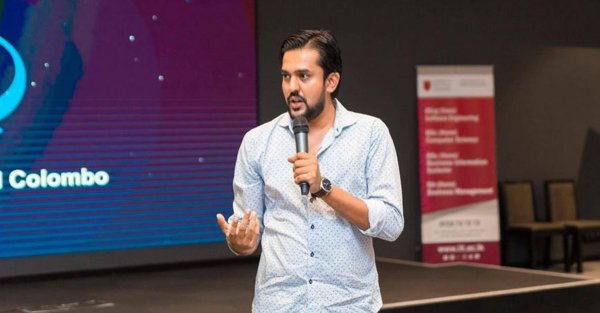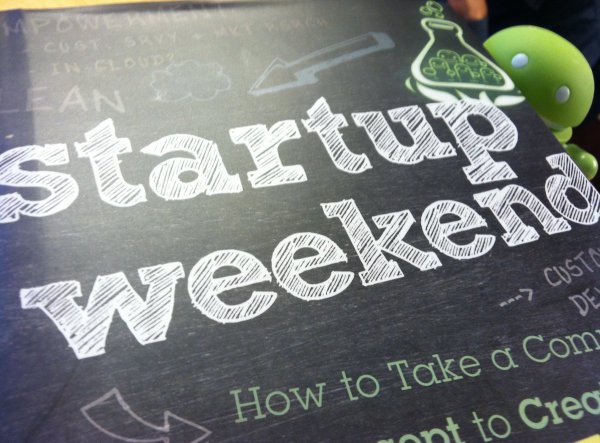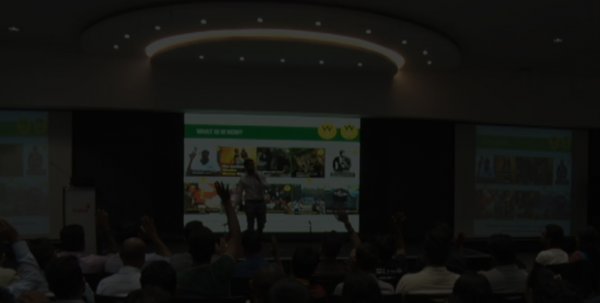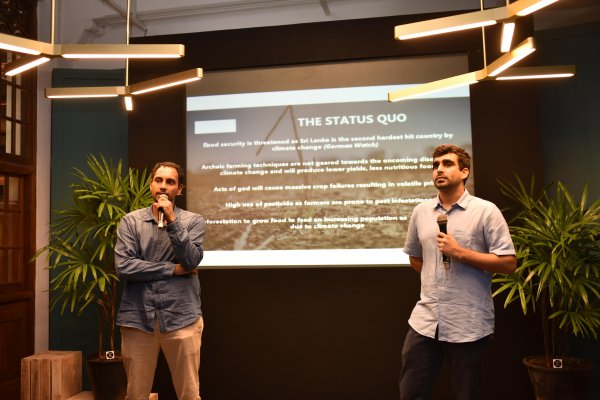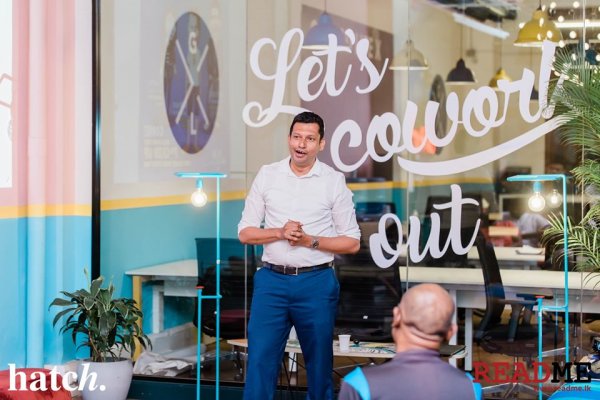
The John Keells X Open Innovation Challenge is all set to go for the second year in a row. After a successful debut in 2016, the startup competition run by John Keells Holdings has expanded exponentially this year. With seed investments of Rs. 2 million being offered to up to seven winners, the event aims to find the best startups with the most innovative business ideas, and give them the boost they need to grow into successful businesses.
The John Keells X Open Innovation Challenge was created for the purposes of finding and nurturing new talent, and to grow the startup ecosystem—which is expected to, in turn, give the Sri Lankan economy a much-needed boost. The first edition of the challenge met with such positive reception, that this year, it has evolved into an accelerator programme that will include training for the participants through an international entrepreneurship curriculum, growth hacking, mentorship, and nurturing through the entire six-month period of the challenge.
Applications
Participants can send in a quick application and a video introducing their team and the idea being worked on. These ideas should potentially be focused on any one of John Keells Holdings’ numerous industries—Information Technology, Leisure, Transportation, Consumer Foods and Retail, Property, Financial Services, and Plantation Services. However, ideas that are adjacent to or complement these industries in any way are also welcome.
Applications for the challenge are open from May 2 to June 25, and can be made through the John Keells X website. The process is simple, and there is no requirement for a detailed business plan. Selections are based on the application form and personal interviews. What’s important are the people in the team, the skill sets they bring, and motivation. An ideal team can have two or three founders and one to three members. A group can also make multiple applications under separate forms.
The Learning Process
Out of all applicants, 30 teams will be selected for the challenge. Before they enter the competition proper, all the teams go through an entrepreneurial training programme created by Bill Aulet, Managing Director of the Martin Trust Center for MIT Entrepreneurship. This will teach teams to develop an entrepreneurial mindset, and apply best principles in designing their startups.
Each team also gets assigned a mentor from John Keells’ very large pool of talent. Every Tuesday, the team meets up with mentors and advisors to review progress and get feedback on what they are working on.
D Day
Eventually, shortlisted candidates will compete against each other at Demo Day. Here, they will pitch their ideas to a panel of very experienced judges. The panel this year consists of Ajit Gunewardene (Deputy Chairman – JKH), Ronnie Peiris (Group Finance Director – JKH), Krishan Balendra (President, Leisure Sector/Director – JKH),Gihan Cooray (President, Retail Sector/Director – JKH), Dr. Hans Wijayasuriya (Regional CEO – Axiata Group South Asia/Non-Executive Director – JKH), Jonathan Alles (Managing Director/CEO – Hatton National Bank PLC), and Ramesh Shanmuganathan (Executive Vice President and Chief Information Officer – JKH).
From the 30 teams, up to seven may be selected to receive Rs. 2 million in seed capital, each. This will be in return for 5% of the company. Winning startups are judged on the quality of their MVP, the execution of their idea, the strength of their business value proposition, and the compatibility of the project to related JKH industries.
The Bigger Prize
Unlike most startup competitions, the programme doesn’t end with the prize money. The seed money in exchange for equity means that John Keells Holdings has a vested investment in the growth of the company. Funded teams get access to office space and John Keells’ customers and channels to build and test their business plans on, which is an invaluable resource for new startups with no customer base to speak of.
The teams also get special training on how to handle growth. Experts from Growth Tribe, a growth hacking academy, will be flying down from the Netherlands to train the participants. Also joining the team of trainers is Nilan Peiris. Nilan is the VP Growth at TransferWise, a successful UK-based fintech startup.
During the next six months, the teams use the training they receive to develop the MVP that was showcased during demo day. Since the prime focus of the acceleration period is on improving their business, teams must show at least a 5% growth, week on week. Teams also need to show that their product or service is gaining traction, and use the customer feedback they receive to improve the product. To aid the teams in this, John Keells Holdings will give them access to JKH Legal, Finance, and Secretarial expertise during the incubation programme.
At the end of the six months, the teams get to pitch their companies and their—by now more mature—products to the JKH board for a chance to receive an additional round of funding up to Rs. 50 million in exchange for up to a 25% stake in the company.
The Opportunities

John Keells X winners of 2016
Whether a team makes it to the final stages or no, the Open Innovation Challenge is a tremendous learning experience for anyone taking part. All of the 30 shortlisted teams will get high-level training on creating startups, and on having the right kind of mentality needed to thrive in the fast-paced startup world. The teams making it through the challenge get access to seed money with much less effort than a startup setting itself up in the wild would do. The faster startups get access to money, the easier it will be to focus on developing their product. Those that reach the additional investment stage will get access to even more funding to speed up development. The fact that they don’t have to waste time looking for funding but spend those six months completely focused on their product is an advantage most startups do not have.
What may be as, if not more, valuable to the startups is the connections they make. The teams have access to the entirety of JKH resources, from industry experts to mentors, to business channels and customer bases. Each of these resources by themselves would provide an invaluable aid to a startup’s business. Together they give a startup exposure and accelerate its growth through multiple factors.
Working closely with the JKH group for six months is a set of credentials by itself. Potential investors will have a lot of confidence in the startup knowing that they have acquired sound business acumen, having worked closely with the conglomerate over a period of time.
The JKX Open Innovation Challenge gears startup teams and founders to take on the challenges of building companies in this fast-paced economy. Whether a team wins or loses, the experience is worth its weight in gold. Though winning, of course, is highly desirable.
Roar Tech is digital media partner for the JKX Open Innovation Challenge

